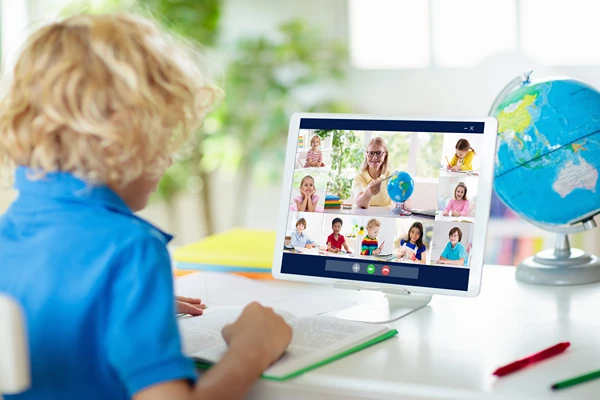Building Confidence Through Guided Learning
Confidence plays a key role in academic success. It can be the deciding factor between a student who thrives and one who struggles. While natural talent helps, consistent support and a positive learning environment are often what make the biggest difference.
Guided learning is one of the most effective methods for building self-assurance in students. With the right guidance, learners can transform uncertainty into understanding and fear into curiosity.
The Power of One-on-One Support
At the heart of guided learning is personalized attention. Whether a student is grappling with equations or revising for major exams, having someone to walk through challenges with them can be a game-changer. Unlike a classroom where the teacher must divide attention among many, guided learning focuses on individual needs. This tailored approach encourages questions, fosters deeper engagement, and gives students the time they need to absorb material at their own pace.
A tutor or mentor who knows how to recognize gaps in understanding—and fill them—can create a safe space for learning. When students feel heard and valued, they are more likely to take risks, make mistakes, and learn from them. This not only boosts their academic skills but also their belief in their ability to improve.
Reframing Mistakes as Learning Opportunities
One of the biggest confidence killers in education is the fear of failure. Many students develop anxiety around getting answers wrong or not understanding quickly enough. Guided learning helps to change this mindset. Instead of treating mistakes as setbacks, tutors can frame them as valuable steps in the learning process.
In a supportive environment, a student learns that it’s okay to get something wrong—that it’s all part of growth. This shift in perspective removes pressure and builds resilience. When learners understand that intelligence isn’t fixed and that effort leads to progress, their self-belief increases dramatically.
Celebrating Small Wins
Progress often happens in small, steady steps. Guided learning allows tutors to spot and celebrate these moments. Recognizing achievements—whether it’s mastering a tricky topic or improving test scores—can have a powerful impact on a student’s confidence. It reinforces the idea that their hard work is paying off and keeps motivation high.
These moments of success, no matter how minor they may seem, accumulate over time. Eventually, the student begins to internalize the idea that they can succeed. This mindset is crucial, especially in subjects like mathematics, where doubt can easily derail performance.
The Role of Expertise in Building Confidence
The experience of the tutor matters greatly. A tutor who has worked with a wide range of students understands the common hurdles and the most effective ways to overcome them. This makes a significant difference, particularly for students preparing for high-stakes exams. Finding an experienced online maths tutor for GCSE can provide not just subject knowledge but also the strategies and emotional support students need to excel under pressure.
An expert tutor knows how to explain complex ideas in accessible ways. They can adapt their approach to suit the learner’s style, pace, and personality. This flexibility helps build trust, and with trust comes confidence.
From Self-Doubt to Self-Belief
Guided learning doesn’t just improve grades. It nurtures a student’s self-image. Many young learners enter tutoring sessions thinking they’re “just not good” at a subject. With time, encouragement, and structured support, that narrative can change. They begin to see themselves not as failures, but as capable individuals who are improving every day.
This transformation goes beyond academics. Confidence built in one area often spills into others. Students who believe in their ability to learn also believe in their ability to face new challenges—whether in school or in life.
Final Thoughts
Guided learning is more than a teaching method—it’s a confidence-building journey. Focusing on individual growth, celebrating achievements, and providing expert support helps students overcome self-doubt and build lasting self-belief. With the right guidance, every learner can move from confusion to clarity and from fear to confidence.
Read how to know if your teen with ADHD needs executive function coaching.




